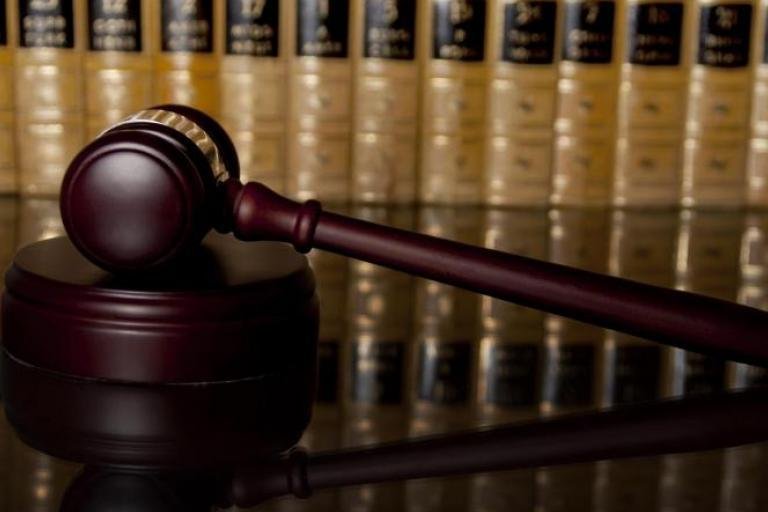Copyright exists to protect the rights of the person(s) who created a work and ensures they receive due recognition for their contribution.
As a property right it gives the copyright holder control over how their work is used, distributed and adapted. It is part of a group of rights which protect intellectual property whilst at the same time encouraging creativity in the creation of new material.
See this short video explaining the purpose of copyright legislation.
When copying, re-using, displaying or performing any of copyrighted works, you need to think about whether your actions are impacting the economic or moral rights of the copyright holder, and whether you can continue legally to do so. The information on these pages can help you to answer these questions for yourself by giving an overview of some legislation, and pointing you to further information.
-
Original literary, dramatic, musical and artistic work, including illustration and photography
-
Original non-literary written work, such as software, web content and databases
-
Sound and music recordings
-
Film and television recordings
-
Broadcasts
-
The layout of published editions of written, dramatic and musical works
-
Own the work (for example, it's a work you created and you have not given or sold the rights to anyone else)
-
Buy or operate under a licence
-
Seek permission from the rights owner
-
Use a work that you are free to use without requesting permission. For example, a work with a Creative Commons licence.
The CDPA includes a number of exceptions which may apply in the course of your study and research. These will allow you to copy and use works for these purposes, but make sure you understand their scope and limitations.
Many exceptions to copyright are subject to a principle of fair dealing being applied.
There is no statutory definition of fair dealing, but the use should be reasonable and appropriate. Whether the dealing is fair will always be a matter of fact, degree, and impression in each case.
Often the exceptions also require the user to provide the copyright owner with sufficient acknowledgement.
There is lots of information online about the concept of fair dealing. For example, from the British Library, and this useful series of questions to ask from DACS (Design and Artists Copyright Society).
There is lots of additional guidance and advice online which can help you to decide whether what you want to do is covered by an existing licence or exception. Each case if different, and it is your responsibility to think about how you can justify your use of copyrighted works.
Try looking at one of these website for more help:
Still not sure? Send us an email.

